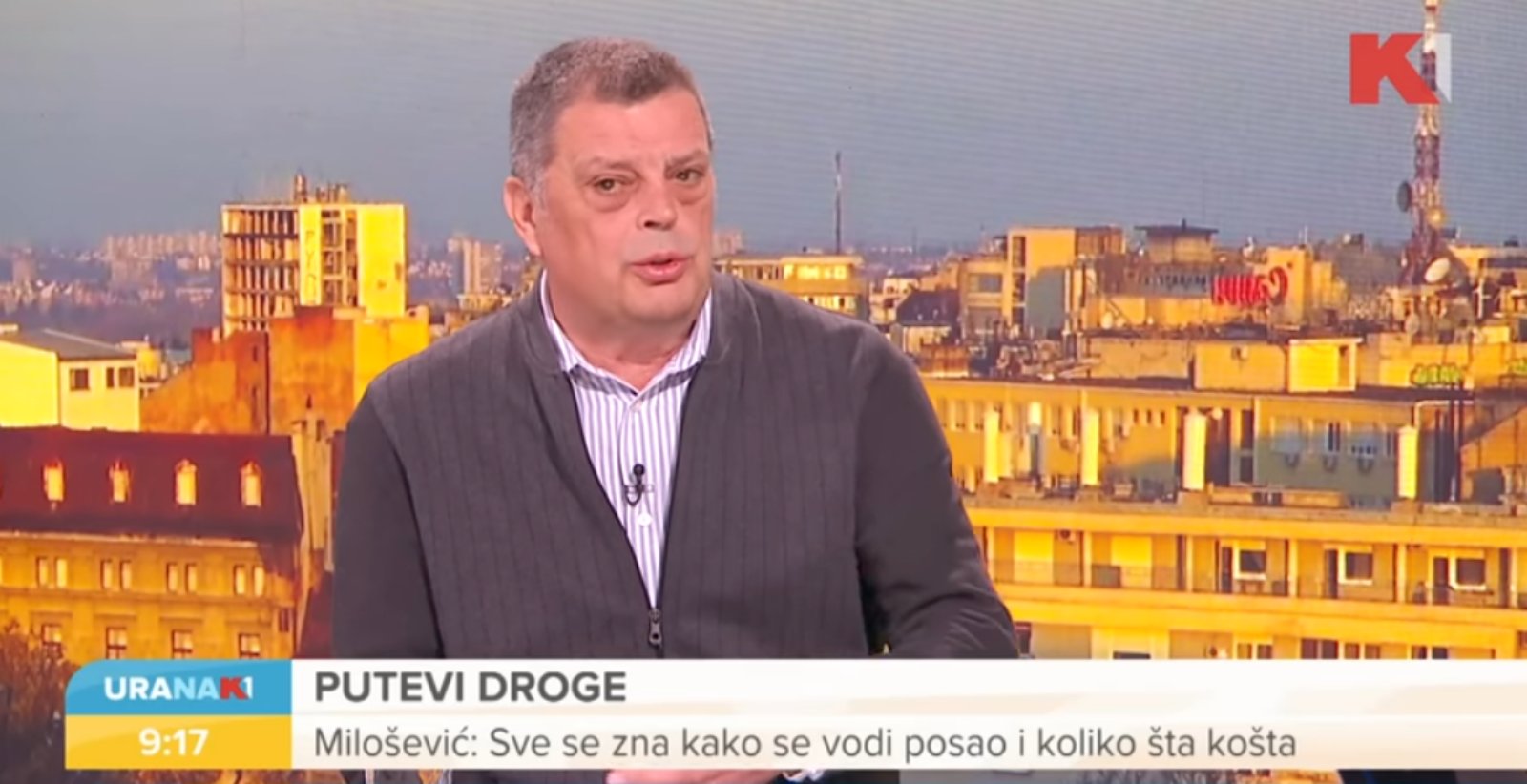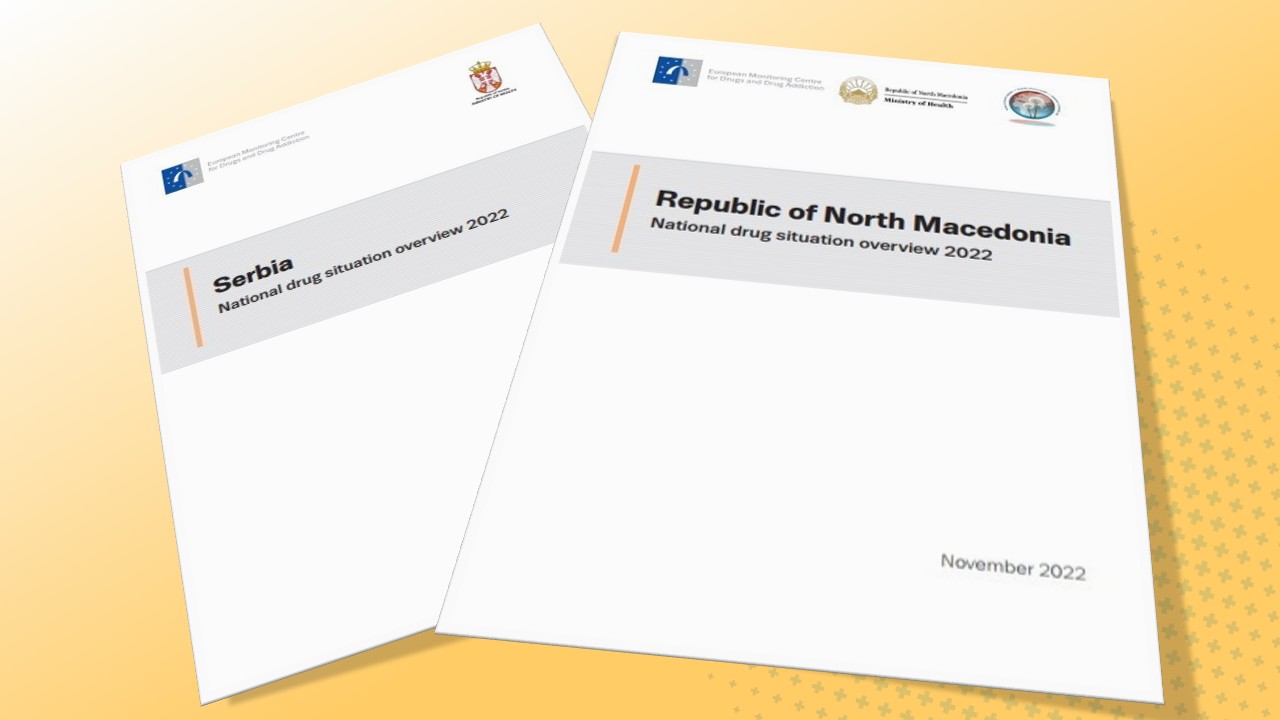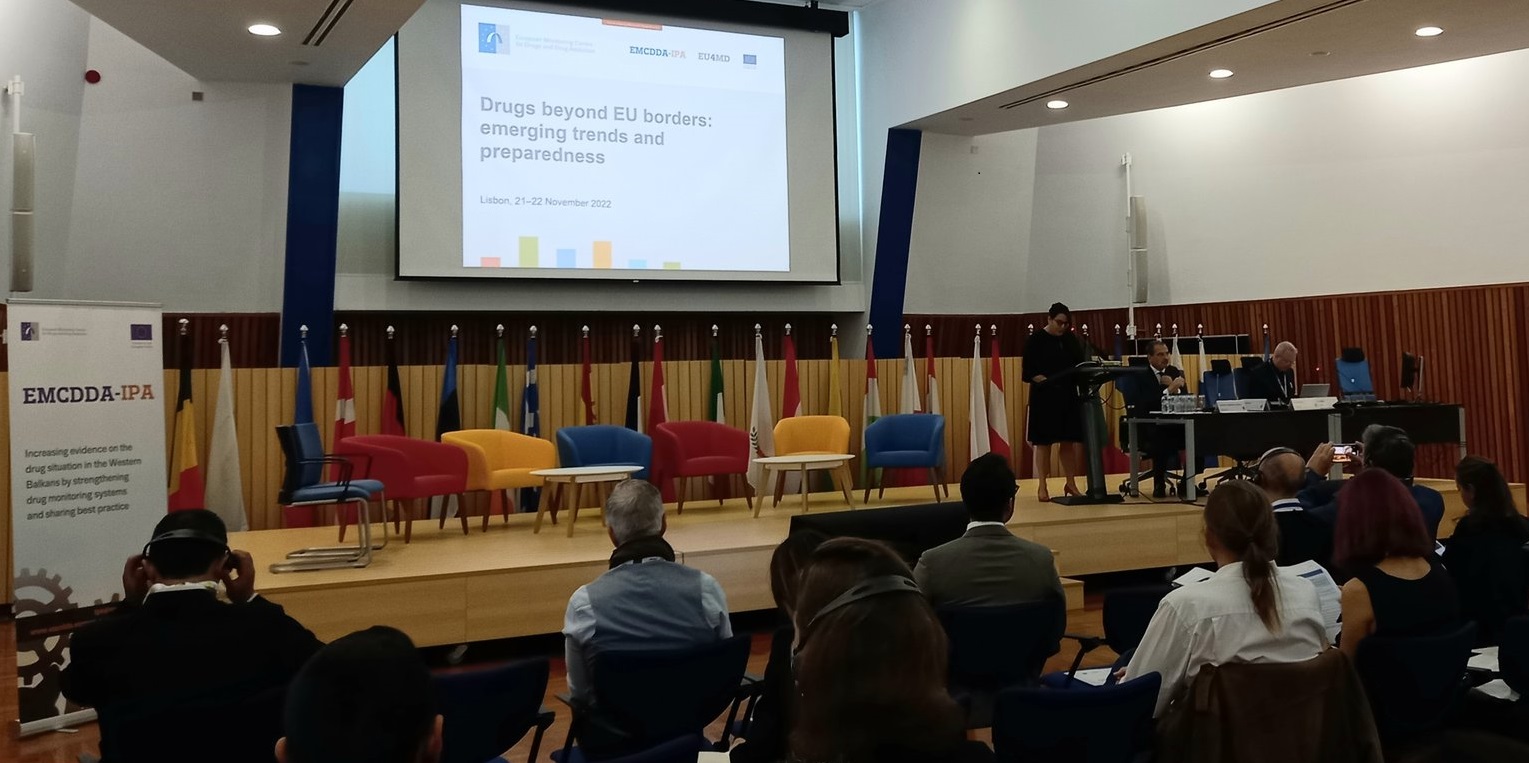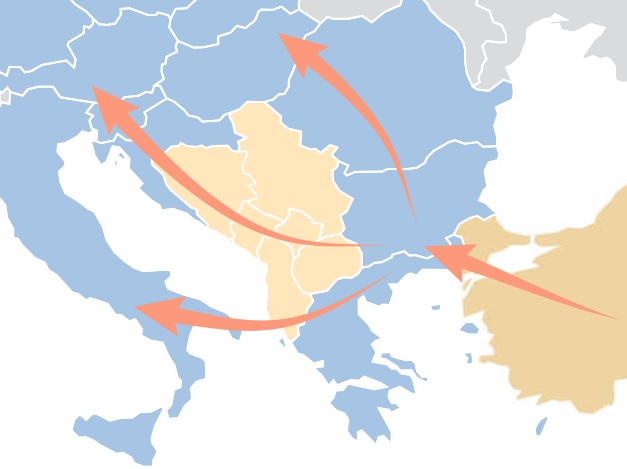From the Positive Voice news
December 1st – World AIDS Day is the most important day of the year for the Hellenic HIV Association – Positive Voice with the culmination of efforts to inform, raise awareness and promote prevention and sexual health. This year, the actions of the Association embraced 14 cities, apart from Athens and Thessaloniki.
Early in the morning, Prime Minister Kyriakos Mitsotakis visited Positive Voice’s offices in Athens, met and spoke with people living with HIV. Among other things, they discussed the government’s latest legislative initiatives regarding the explicit prohibition of discrimination in the workplace for people living with HIV, the adoption of PrEP (pre-exposure prophylaxis) in Greece and the problems concerning the Units Infections.

The Prime Minister heard from members of Positive Voice and representatives of vulnerable social groups, such as drug users, sex workers and refugees, what it is like to live with HIV and how the virus affects their lives. A review of the five years of the “I’M POSITIVE” campaign organized by the Onassis Foundation and the Positive Voice to combat stigma was also presented.
From 11.00 to 15.00 in Monastiraki Square, the Ath Checkpoint Prevention & Sexual Health Center team provided free, rapid and confidential tests for HIV participating in the initiative of Positive Voice, the biopharmaceutical company Gilead Sciences and the Hellenic Society for the Study & Treatment of AIDS (EEMAA) with the slogan “If you want to learn, you put your finger“. A bold and provocative approach was taken to capture the attention of as many people as possible, and the goal was achieved.
 The Leader of the Official Opposition, A. Tsipras, visited the booth and talked to volunteers and workers from Positive Voice, was tested for HIV and sent his own message against stigma and discrimination, promoting regular testing, the prevention and promotion of sexual health.
The Leader of the Official Opposition, A. Tsipras, visited the booth and talked to volunteers and workers from Positive Voice, was tested for HIV and sent his own message against stigma and discrimination, promoting regular testing, the prevention and promotion of sexual health.
In Thessaloniki, the Thess Checkpoint (as well as the Ath Checkpoint) remained open from 12.00 to 20.00 welcoming the public without the condition of a scheduled appointment. Throughout the day Ath Checkpoint and Thess Checkpoint provided a total of 227 HIV tests.
At the same time, groups of volunteers carried out HIV information and awareness campaigns in Athens, Alexandroupoli, Heraklion, Thessaloniki, Ioannina, Kavala, Karditsa, Kefalonia, Komotini, Kos, Lamia, Larissa, Orestiada, Patras, Rhodes and Serres. In this way, the messages of the Positive Voice reached all over Greece and we sincerely thank all the people who contributed.
At 18.00 a gathering was held in Monastiraki Square in Athens to remember and pay tribute to all the people who have died in the 41 years of the history of HIV/AIDS. During the action we lit candles in the shape of the red ribbon, which has been established as a symbol of remembrance for this world day.




At the same time, throughout the day, but also afterwards, members and employees of the Association appeared in the mass media to put the issue of HIV and the latest developments in the field back into the public debate. Among others, there were appearances, interviews or entries on ANT1, ALPHA, SKAI, OPEN, ERT, Crete TV, TV100, Pride 98.6, Athens 9.84, SKAI 100.3, Alpha Radio 989, Shape, Popaganda, OW.gr, LIVEIT.gr, Istorima, NEWS247.gr, Ygeiamou.gr and ItsEstella.com.










 The report is available
The report is available 



 The
The 